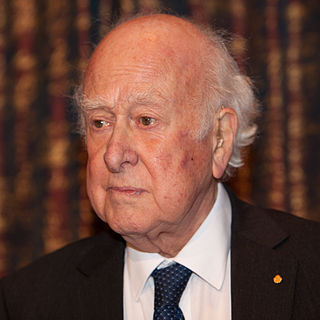A Quote by Georg C. Lichtenberg
Probably no invention came more easily to man than heaven.
Related Quotes
When the Spirit came to Moses, the plagues came upon Egypt, and he had power to destroy men's lives; when the Spirit came upon Elijah, fire came down from heaven; when the Spirit came upon Gideon, no man could stand before him; and when it came upon Joshua, he moved around the city of Jericho and the whole city fell into his hands; but when the Spirit came upon the Son of Man, He gave His life; He healed the broken-hearted.
...those experiments be not only esteemed which have an immediate and present use, but those principally which are of most universal consequence for invention of other experiments, and those which give more light to the invention of causes; for the invention of the mariner's needle, which giveth the direction, is of no less benefit for navigation than the invention of the sails, which give the motion.
And, moreover, when it happens that both are sincere and good, nothing will mix and amalgamate more easily than an old priest and an old soldier. In reality, they are the same kind of man. One has devoted himself to country upon earth, the other to his country in heaven; there is no other difference.
The city is a cultural invention enforcing on the citizen knowledge of his own nature. And this we do not like. That we are aggressive beings, easily given to violence; that we get along together because we must more than because we want to, and that the brotherhood of man is about as far from reality today as it was two thousand years ago; that reason's realm is small; that we never have been and never shall be created equal; that if the human being is perfectible, he has so far exhibited few symptoms - all are considerations of man from which space tends to protect us.
If idioms are more to be born than to be selected, then the things of life and human nature that a man has grown up with--(not that one man's experience is better than another's, but that it is 'his.')--may give him something better in his substance and manner than an over-long period of superimposed idiomatic education which quite likely doesn't fit his constitution. My father used to say, 'If a poet knows more about a horse than he does about heaven, he might better stick to the horse, and some day the horse may carry him into heaven'
I knelt and prayed, and the strongest truth came over me. Didn't matter if God in his heaven was a Catholic or a Protestant God, or the God of the Hindus. What mattered was something deeper and older and more powerful than any such image - it was a concept of goodness based upon the affirmation of life, the turning away from destruction, from the perverse, from man using and abusing man. It was the affirmation of the human and the natural.


































